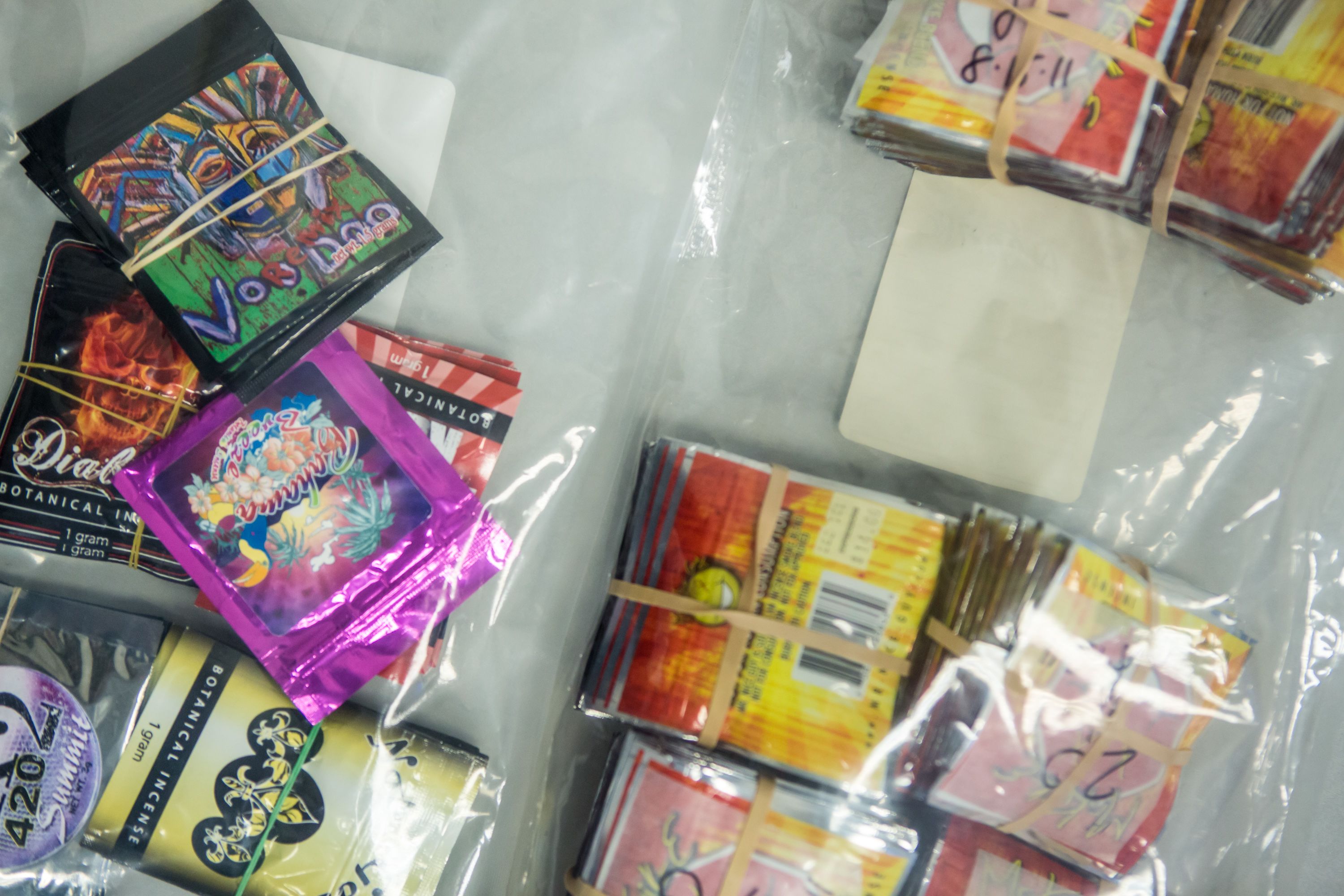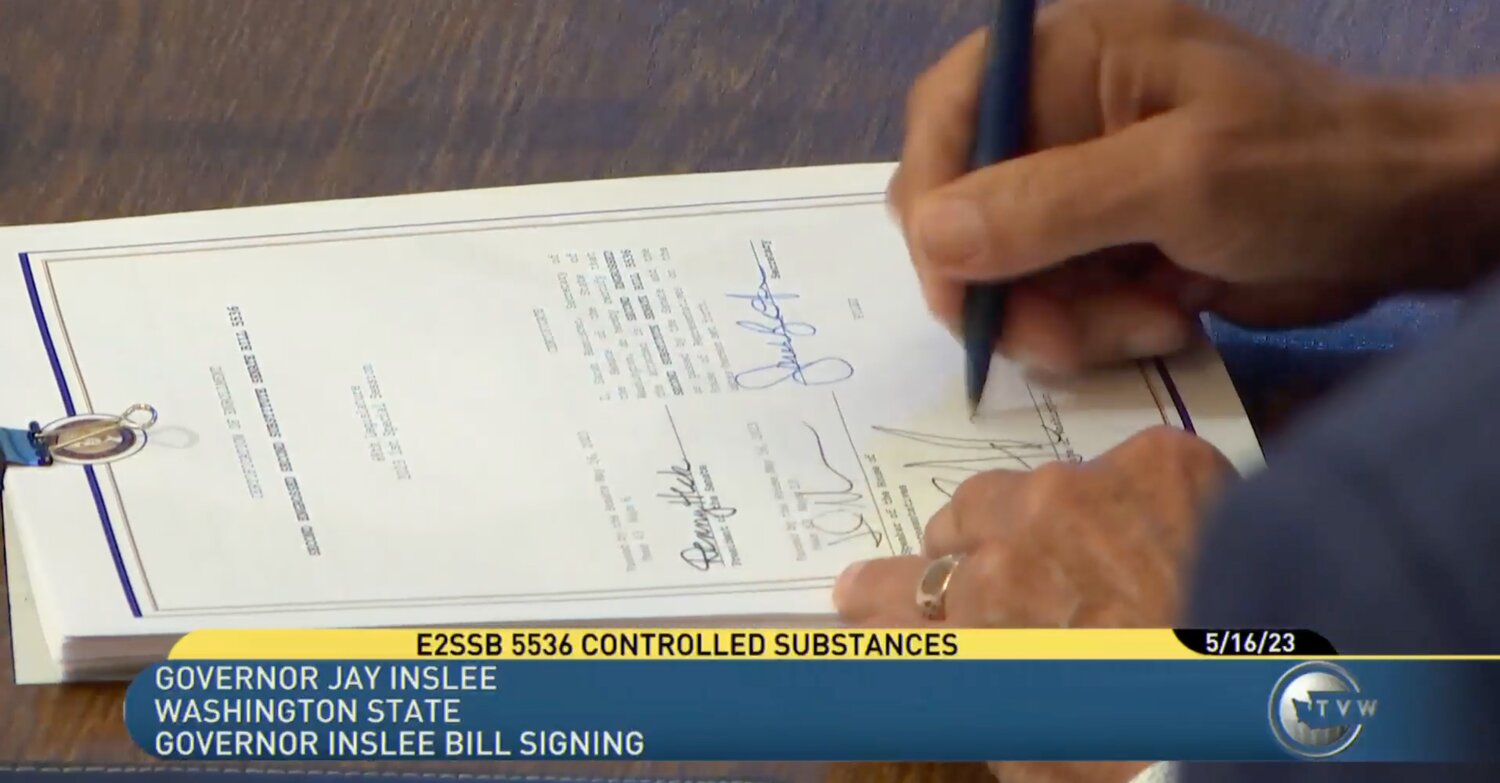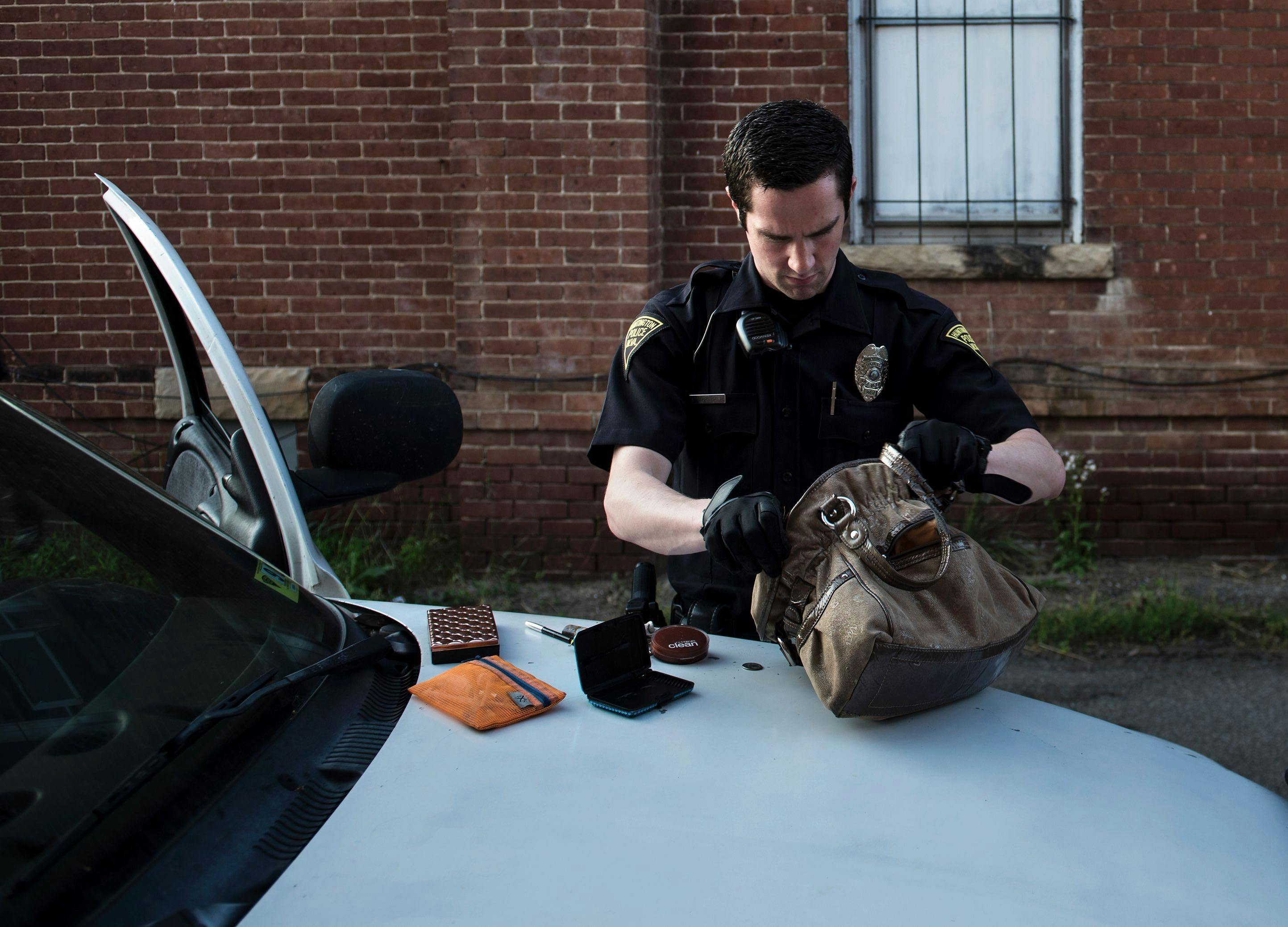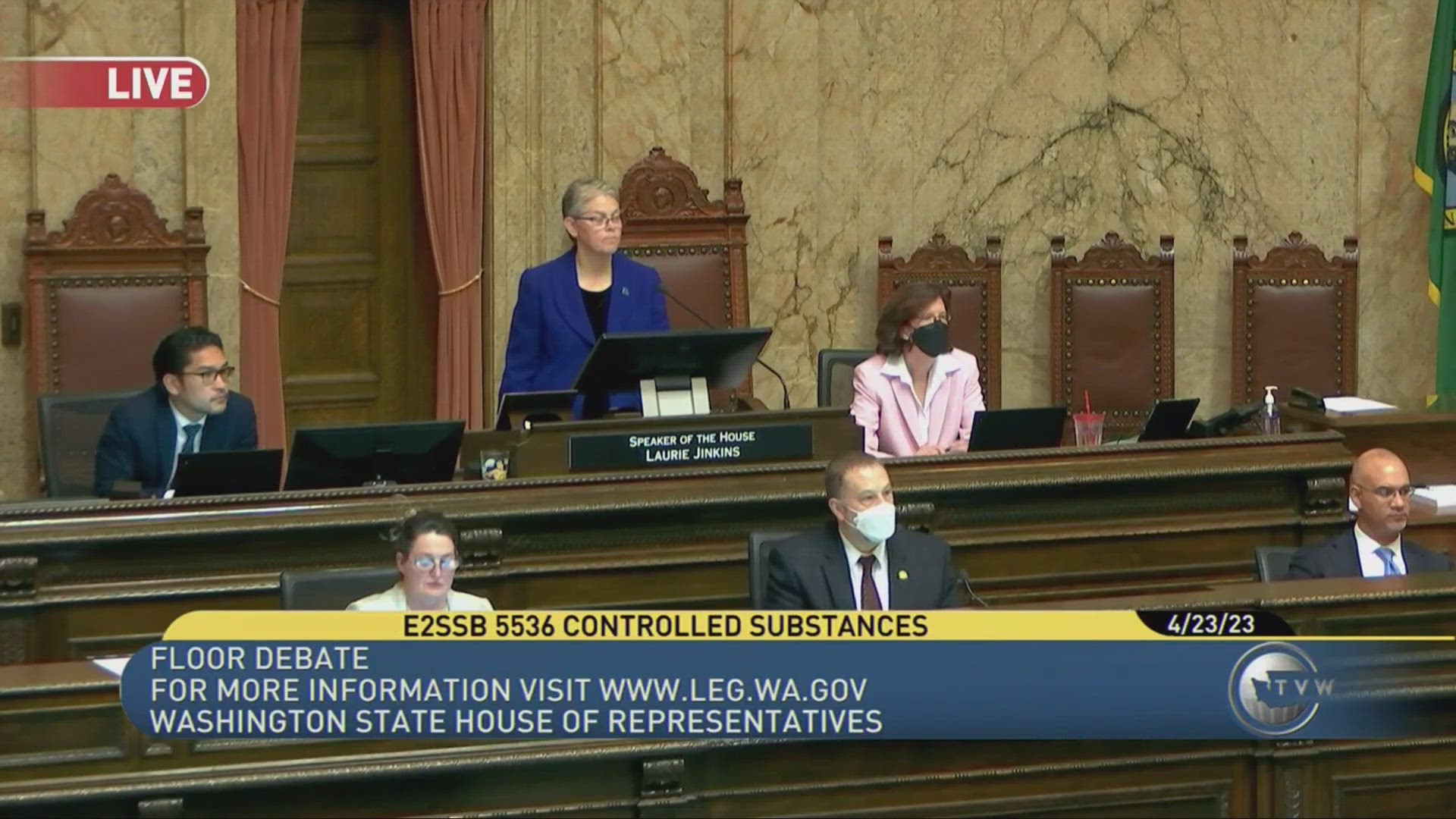
The Drug Enforcement Administration is issuing a warning about Cathinone, the latest drug that has made its way to Northeast Florida streets. Cathinone is a natural stimulant that comes from a plant. However, this Cathinone is synthetic, meaning it’s a concoction of dangerous chemicals.
WHAT ARE SYNTHETIC CATHINONES?
Synthetic cathinones have stimulant properties related to cathinone, the psychoactive substance found in the khat shrub. It produces effects similar to methamphetamine, cocaine, and MDMA, to name a few. They have been sold as “bath salts.” Often, they’re sold over the Internet, at convenience stores, tobacco/smoke shops, and gas stations and packaged in shiny plastic bags and bright logos.
More recently, the cathinone market has been pushed underground. It’s being sold in “traditional drug packaging” like little baggies, and can be found in tablet, capsule, or powder form. Users can experience symptoms of nausea, vomiting, paranoia, hallucinations, delusions, suicidal thoughts, seizures, chest pains, increased blood pressure and heart rate, and violent outbursts. These drugs have also resulted in overdose deaths.
The drug was first found in Sweden in 2014, then seven years later, it showed in a United States toxicology report. Very little is known about the drug.
CATHINONE NOW APPEARING IN FLORIDA NIGHTCLUBS.
As of 12 months ago, the dangerous drug started showing up in the Jacksonville metropolitan area.
Jacksonville DEA Assistant Special Agent in Charge Mike Dubet said law enforcement officers are finding that the younger generation possesses the new drug in area nightclubs and bars.
“It’s very cheap, about $150 to $200 per ounce. It’s an alternative that people are turning to just because of the price and the effects they are getting from it.” ~DEA Assistant Special Agent in Charge Mike Dubet
Because N,N-Dimethylpentylone Hydrochloride creates similar effects as other drugs, law enforcement said it also has the potential to deliver the same negative side effects which include high blood pressure, rapid heart rate, hyperthermia, hallucinations, dehydration, loss of consciousness and death.
“State, local, and federal government is aware of it and we’re all trying to go after the people that are responsible for distributing it on our streets,” Dubet said.
Dubet also pointed out another problem with the drug. He said since it’s being sold as cocaine, an unsuspecting buyer who thinks they’re getting cocaine may resort to gun violence when they realize they were sold something else.
“The customer can feel they’re being ripped off which could lead to some of the retaliatory violence.” ~DEA Assistant Special Agent in Charge Mike Dubet
Seventy pounds of the drug was seized by U.S. Customs and Border Protection agents at Washington Dulles International Airport. Agents said two boxes of the drug were sent from China and were listed on the manifest as beauty products. It’s unclear if the people in China who shipped the drugs to DC are the same people responsible for supplying the same drugs to Northeast Florida.
Please contact my office if you, a friend or family member are charged with a Drug Offense or any other crime. Hiring an effective and competent defense attorney is the first and best step toward justice.








/cloudfront-us-east-1.images.arcpublishing.com/gray/PIPR7VLKUJEOXH25JAO6GAZRGA.jpg)





